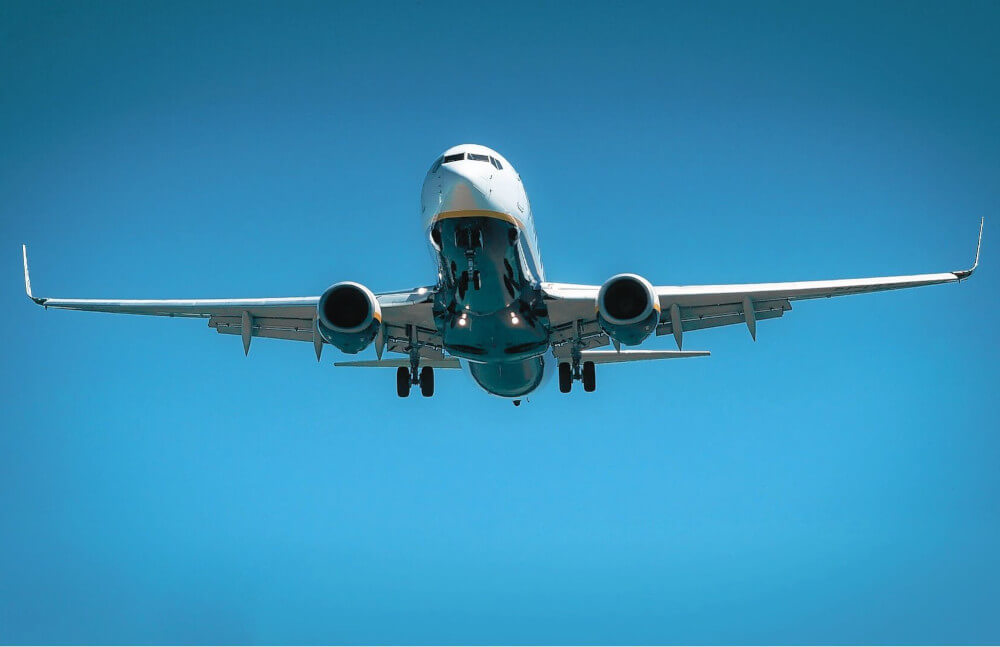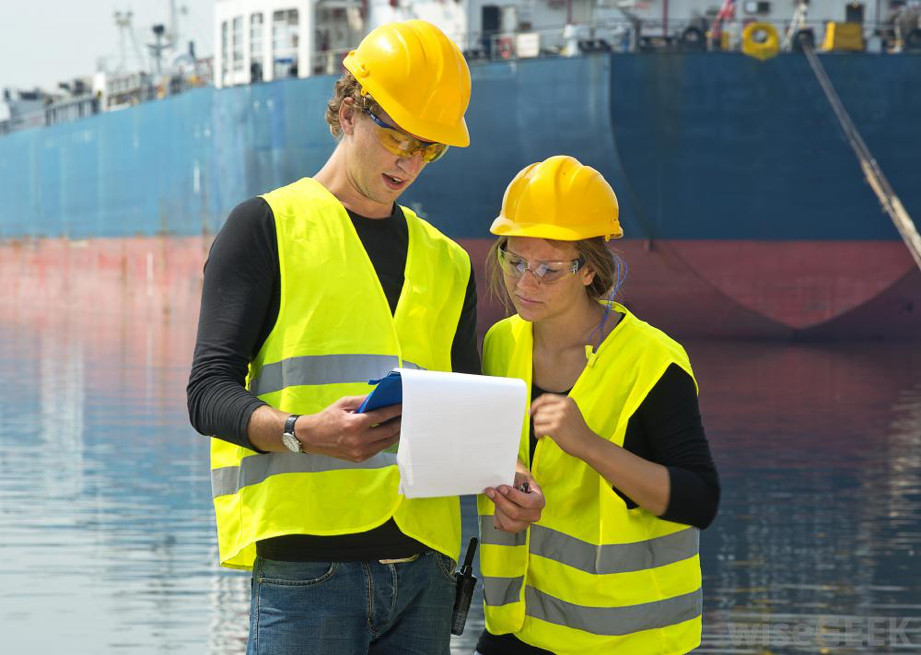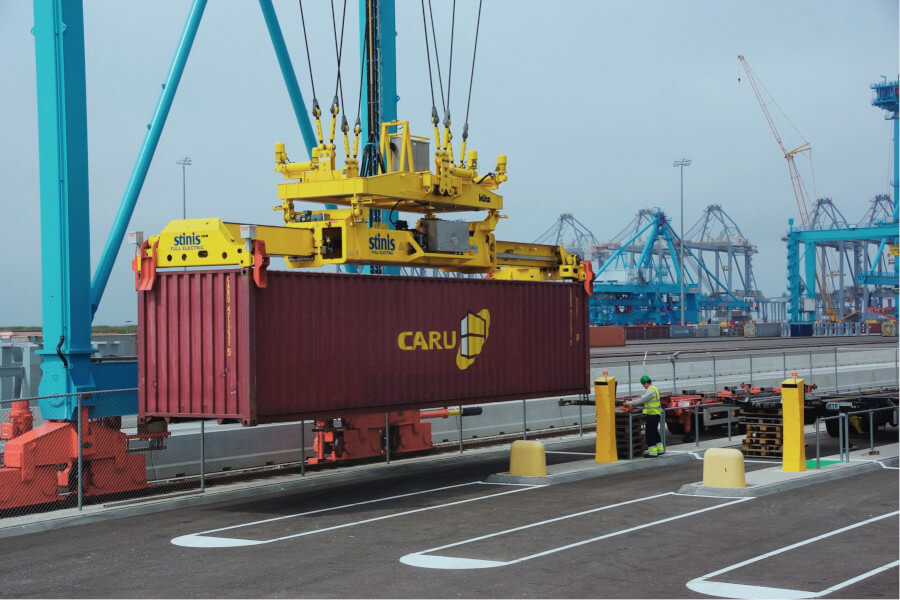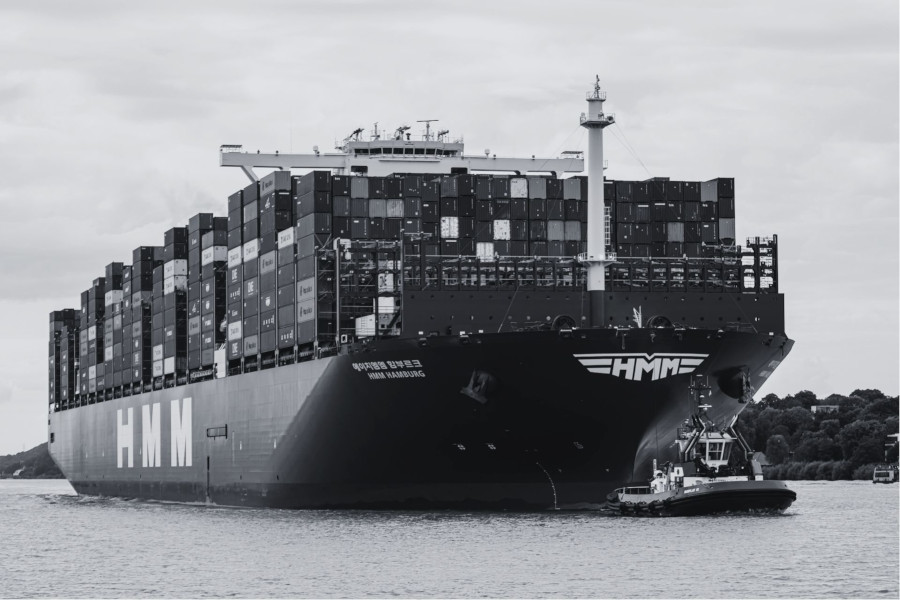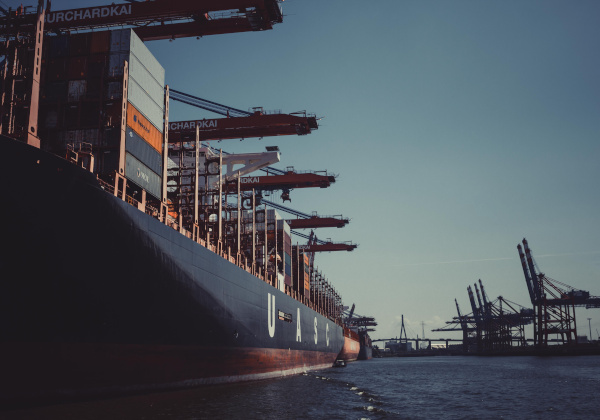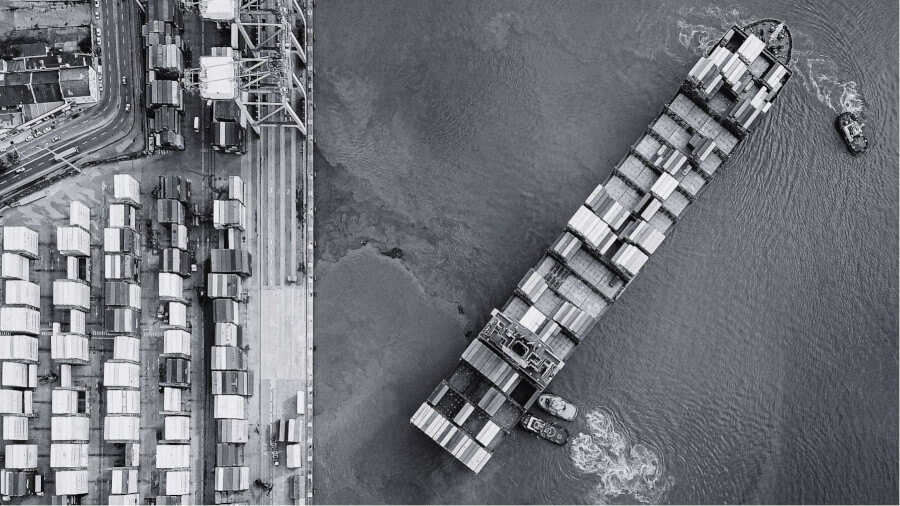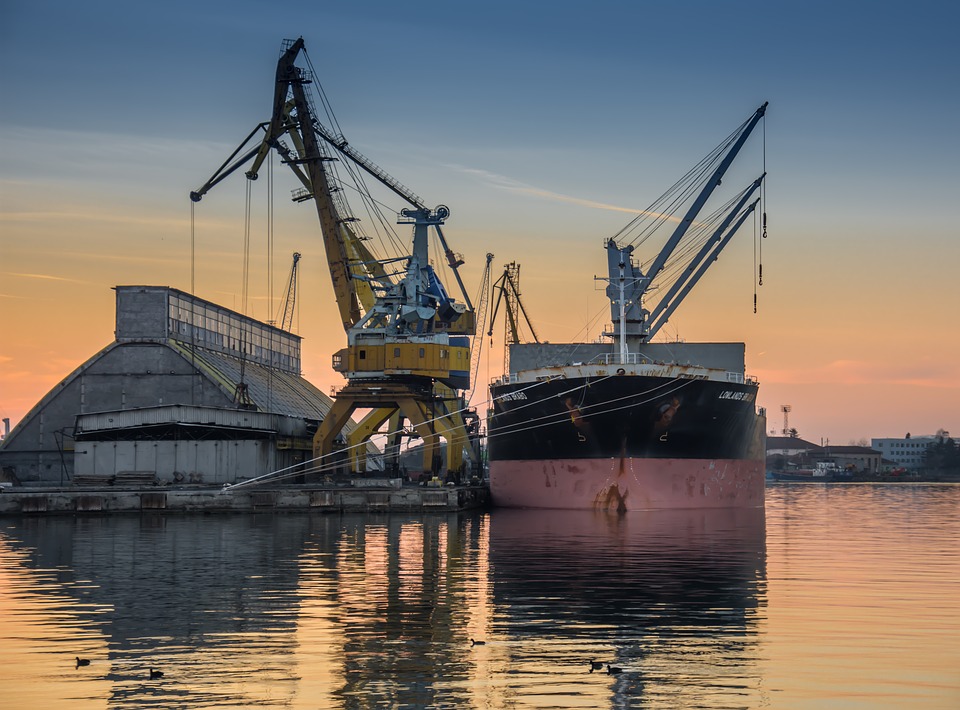International maritime transport is facing serious challenges in 2024 due to tensions in the Red Sea and the effects of climate change on the Suez and Panama Canals. Recent attacks on ships by Yemeni militias have forced major shipping lines like Maersk and Hapag-Lloyd to reroute their vessels to avoid the Suez Canal. This change has significantly increased operational costs and transit times. Sailing around the Cape of Good Hope adds an extra 7 to 10 days to voyages between Europe and Asia, raising freight rates by up to 170%.
The reduction in transits through the Suez Canal, which has seen a 40% drop in revenue, and operational restrictions in the Panama Canal, exacerbated by drought and the El Niño phenomenon, have caused disruptions in global supply chains. These routes are critical for world trade, connecting Asia with Europe and America.
To mitigate these challenges, companies are advised to diversify their supply chains and improve cargo tracking. Implementing contingency plans and increasing transparency are essential to ensure business continuity in this volatile environment.
For more information on how these events affect maritime transport and best practices to adapt, visit our news blog and subscribe for updates.



